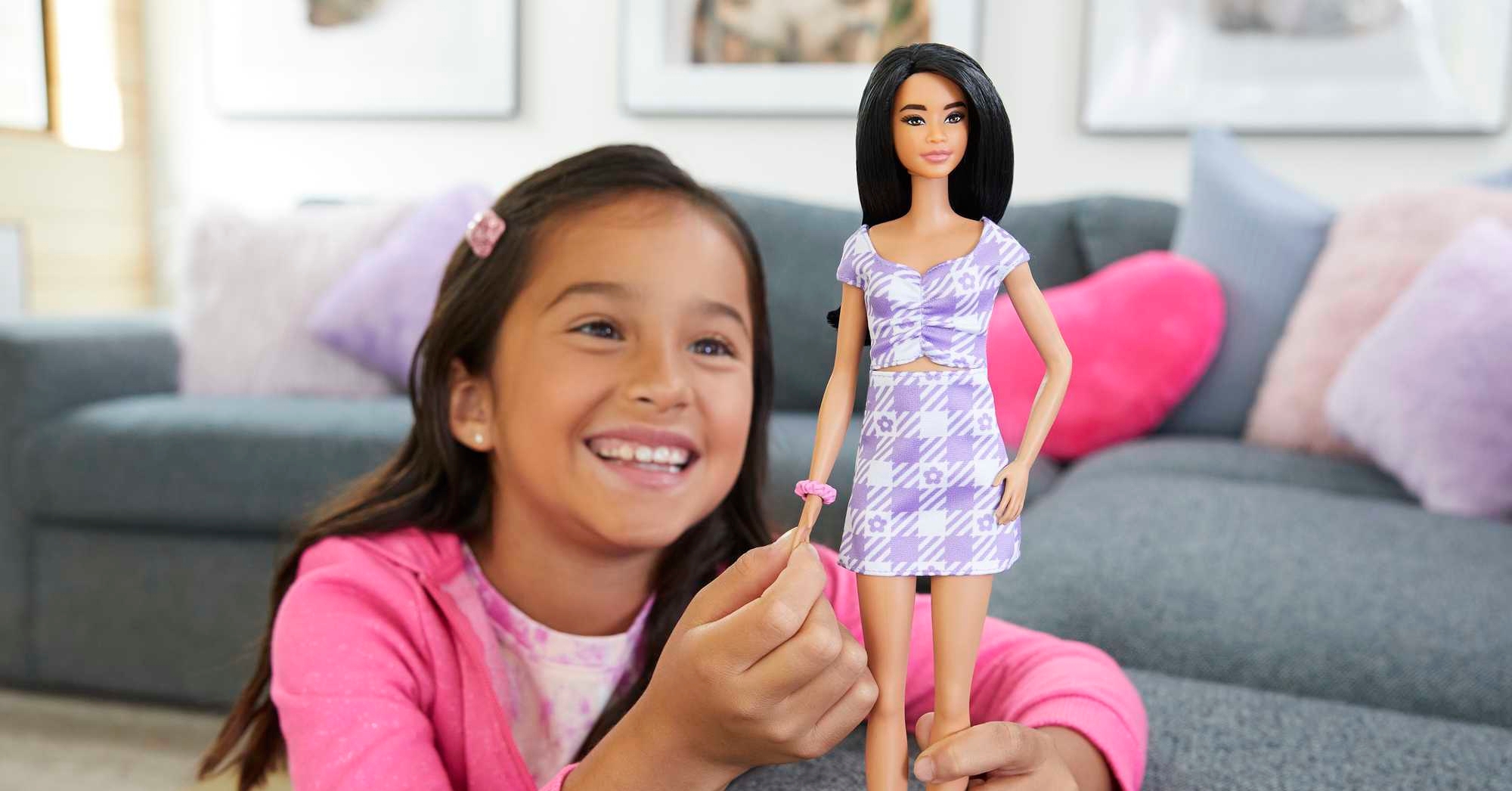6 Tips for Building Social Processing Skills in Children Through Play



Role-Playing and Pretend Play:
• Engage in role-playing scenarios that mirror real-life social situations. Act out different roles and guide the child through various interactions.
• Use props or costumes to make the play more immersive and enjoyable.
• Gradually introduce more complex scenarios as the child becomes comfortable.

Social Story Play:
• Create and act out short stories that involve social challenges and resolutions.
• Use toys or figurines to represent characters in the stories, allowing the child to interact with them and learn through play.

Imaginative Playsets:
Provide playsets that mimic real-life settings (e.g., dollhouses, play kitchens) to encourage cooperative imaginative play and communication between peers.

Sensory Play Activities:
• Create sensory bins with various textures, colors, and objects. Engaging in sensory play can help reduce anxiety and improve social engagement (e.g.; having a child comb a doll’s hair to help minimize fears over having their own hair combed).
• Encourage the child to explore the sensory materials with peers, fostering joint attention and communication.

Dramatic Play:
• Set up scenarios where the child can pretend to be different characters, encouraging them to express emotions, communicate, and solve problems.
• Join in the play and model appropriate social behaviors.

Guided Imagery and Storytelling:
• Use guided imagery to take the child on imaginary journeys. Describe scenarios where they interact with others, encouraging them to respond and ask questions (e.g.; including or creating story boards to help suggest play ideas).
• Encourage the child to create their own stories and share them with peers or family members.
The Benefits of Doll Play according to Neuroscience
Check out these links to find more resources for parents and the kids in your life!
For The Kids In Your LifeFor Parents – 2020 Study
For Parents - 2022 Study
For Parents - 2023 Study


































